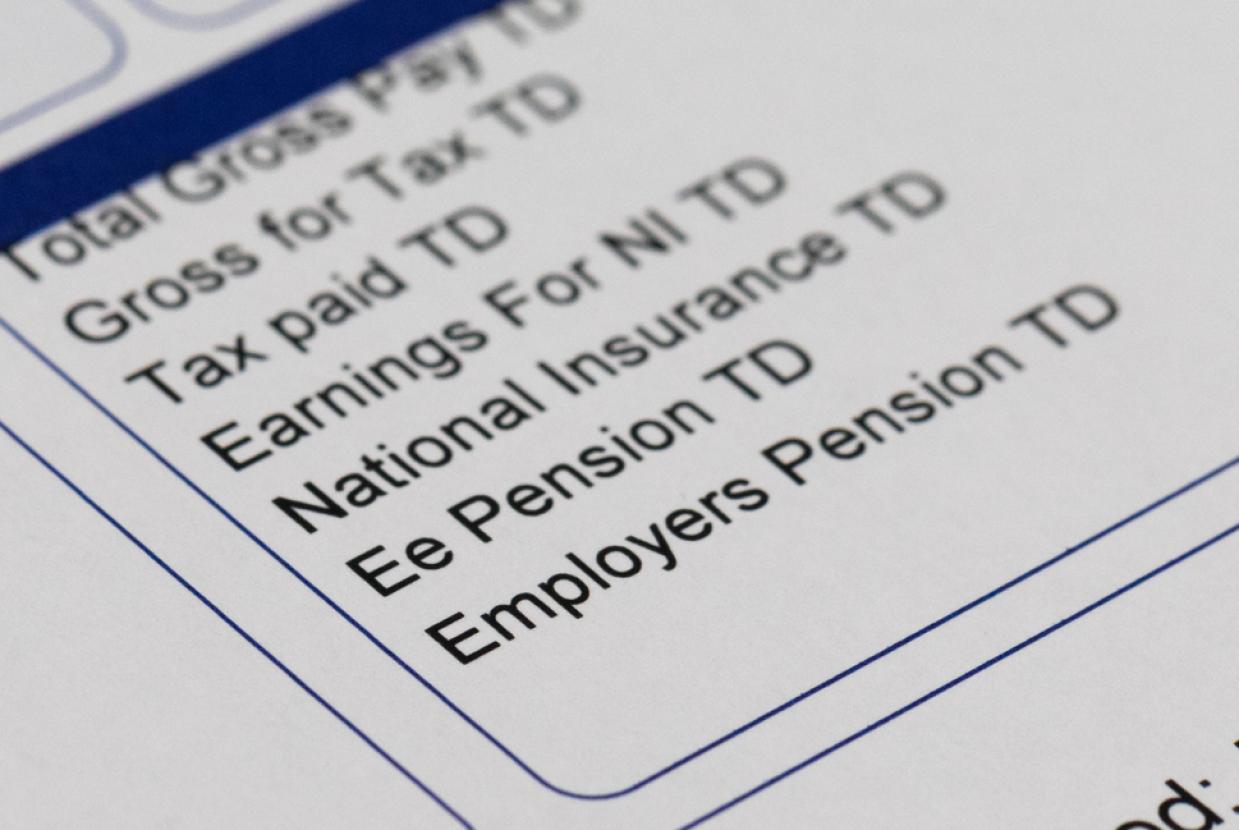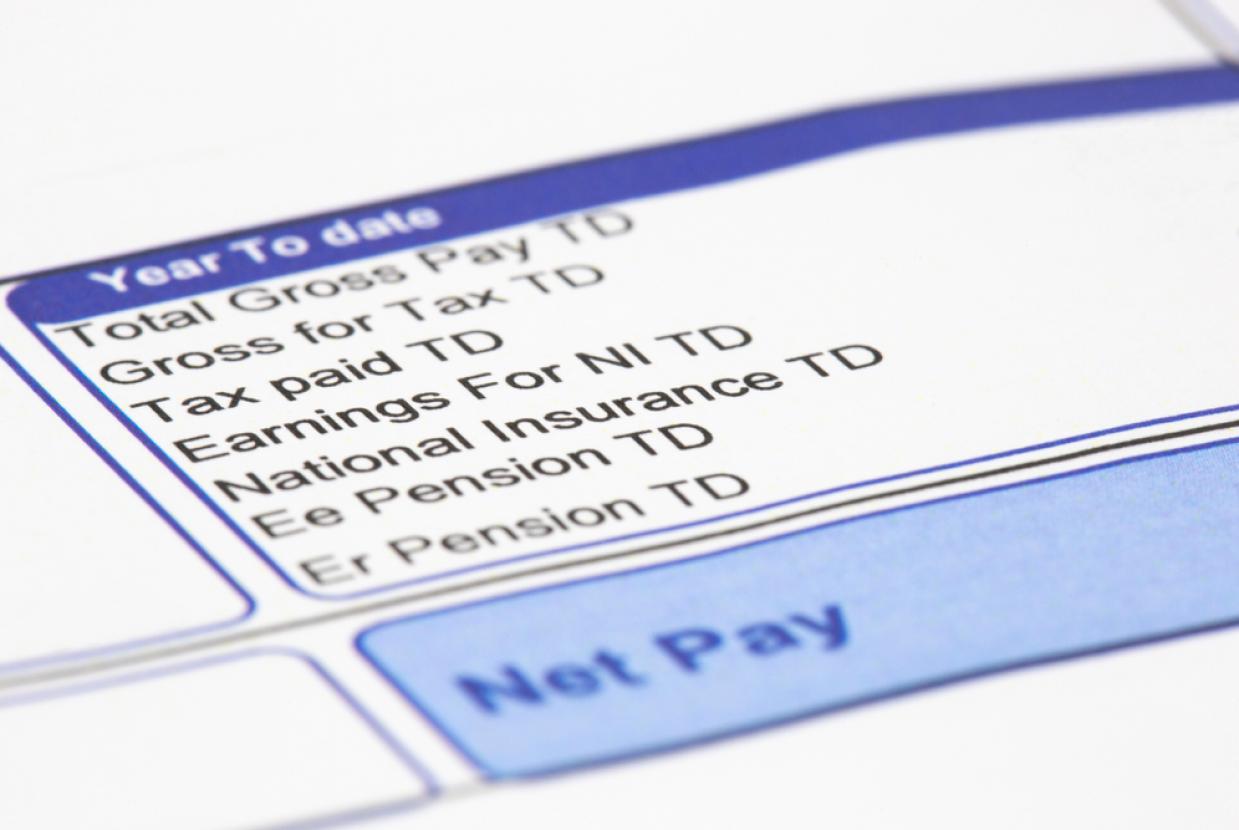Talk Money Week - Talking To Your Partner About Money
Financial HealthYou share your life with your partner, but not necessarily always the truth about debt and finances. Sometimes it’s hard to get a conversation about money started.
Why it’s important to talk to your partner
The time to know about your partner’s finances is when they begin to mix with yours.
This will often be when you start living together and paying bills jointly. It’s at this point that your partner’s finances can begin to have a more significant affect on yours, and vice versa.
Money issues can come up at any point in a relationship:
- when you’re first dating
- when you decide to move in together
- deciding to have children
- buying a house
- when you want to retire
- even if you decide to separate.
And it’s important that issues are discussed and resolved.
How you can tackle different attitudes or motivations about money
We all have different attitudes to money. You might be cautious and always saving your pennies. Or you might feel that money is there to be spent and that ‘you can’t take it with you’.
It’s completely normal to have different opinions about money – we all come from different backgrounds. It’s how we manage these differences that’s important.
Moving in together
If you decide to move in together, the good news is it can cost less to live together and share expenses than to live on your own.
So, by being life ‘partners’, you’ll have opportunities to save and invest that wouldn’t be available otherwise.
But you want to avoid the frustration that comes if you and your partner have completely different attitude’s and goals about money.
In reality, couples are never going to agree on everything. But it’s working out what your differences of opinion are, that can lead to a compromise.
The first step is to work out what your opinions on money are, and then to come up with a plan.
Saver or spender?
Are you a saver or a spender? Some people are happy to live with credit cards or a maxed-out overdraft. Some want to pay for everything – leaving the other person feeling in their debt.
There can also be issues to resolve when one partner has a much higher income than the other. Sharing decisions about spending and saving – and discussing money openly – will help avoid arguments and tension.
Use these questions to help you understand you and your partner’s attitudes to money and to talk about your goals. It’s important to think about what you both want:
- Do you prefer to live for today?
- Are you confident managing money?
- Do you think it’s important to keep track of income and expenditure?
- Do you like to shop around to make money go further or to buy on impulse?
- Are you open to discussing money?
- Do you feel it’s important to adjust non-essentials when life changes?
- Do you ask for help with your money?
Setting goals
Setting goals might take more effort in a relationship. But they help make sure you both know what you’re working towards as you grow your finances.
You’ll also be more prepared for those changes that come along and affect your spending choices.
For example, if you both decide to start a family. It can be a big adjustment when the family grows and income drops if one partner stops working to look after the children.
If you and your partner earn different amounts
If there’s a big difference in what you and your partner earn, it could cause issues over time as you make financial decisions.
Communicating your needs early and often is a great way to keep frustration, and hurt feelings and pride, to a minimum.
If it’s making it difficult to make decisions, and set financial goals, there are other ways to start talking about money. It’s a good idea to think about:
1) Which bills are a priority, and who’s responsible for them
For example, if your partner has some high-interest credit – you might want to agree they pay that off first before you consider spending on luxuries. Maybe you can help them by both living cheaply for a few months. At the same time, it might help you build your savings as well.
2) Short-term and long-term goals
For example, saving for a holiday or retirement. Deciding on goals, making a budget and realistically saying what you will or can do can help you prioritise what’s important.
3) Managing your money
Talk about whether you should be managing your money jointly or separately. Getting this right can avoid arguments about money.
4) How you split bills and savings
For example, if one of you wants to share bills 50/50, but one earns a lot less than the other – maybe you need to reduce your outgoings. This could range from eating less expensive food to living somewhere less expensive.
If you’re in a new relationship, you might have existing financial commitments or an ex-partner with whom you shared finances. It’s worth arranging your finances so you can keep any other financial commitments separate from the ones you share with your new partner.
If your partner is controlling your money
Everyone has the right to financial independence. It’s financial abuse if your partner is:
- controlling your money
- running up debts in your name
- stopping you from being financially independent or earning your own money.
It’s more common than you might think. According to the charity Refuge, one in five UK adults is a victim of financial abuse in a relationship. And this kind abuse often overlaps with physical or emotional abuse.
If you’re in this situation, talking about money might cause your partner to do or say things that put you at risk of mental or physical harm. It’s important to know that you don’t need to struggle alone.
For all Talk Money Week resources, follow this link.




































